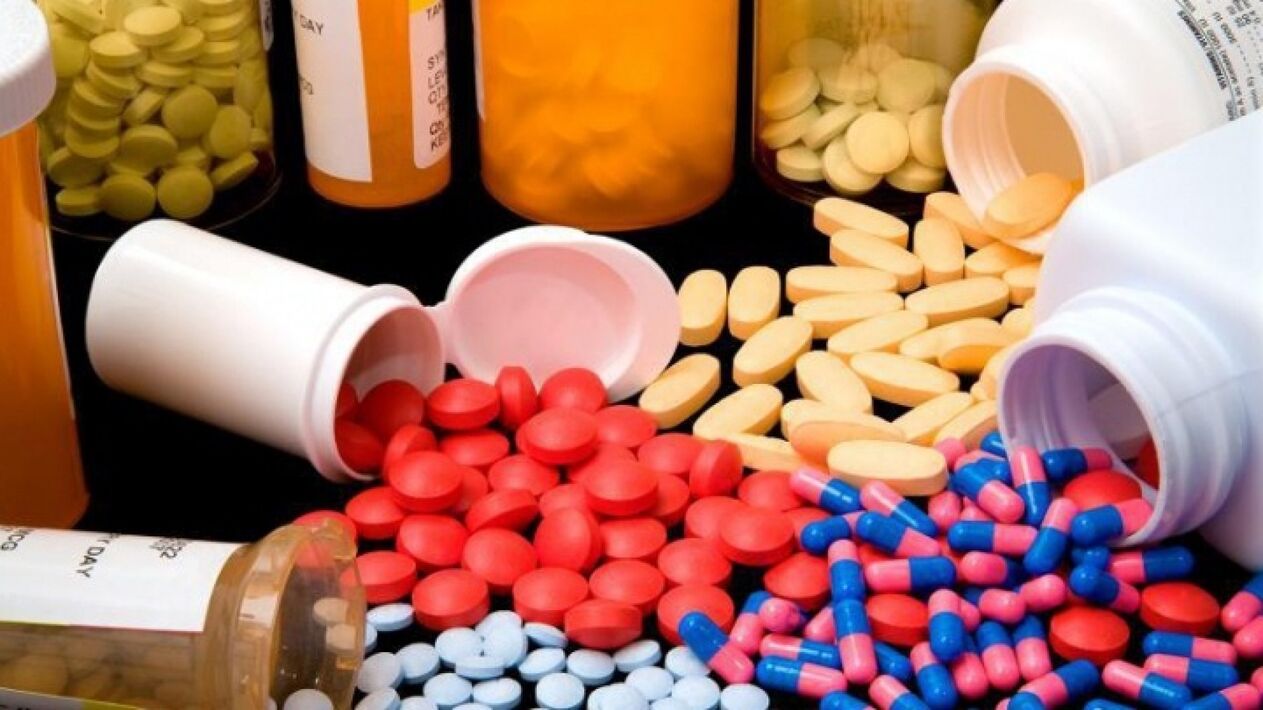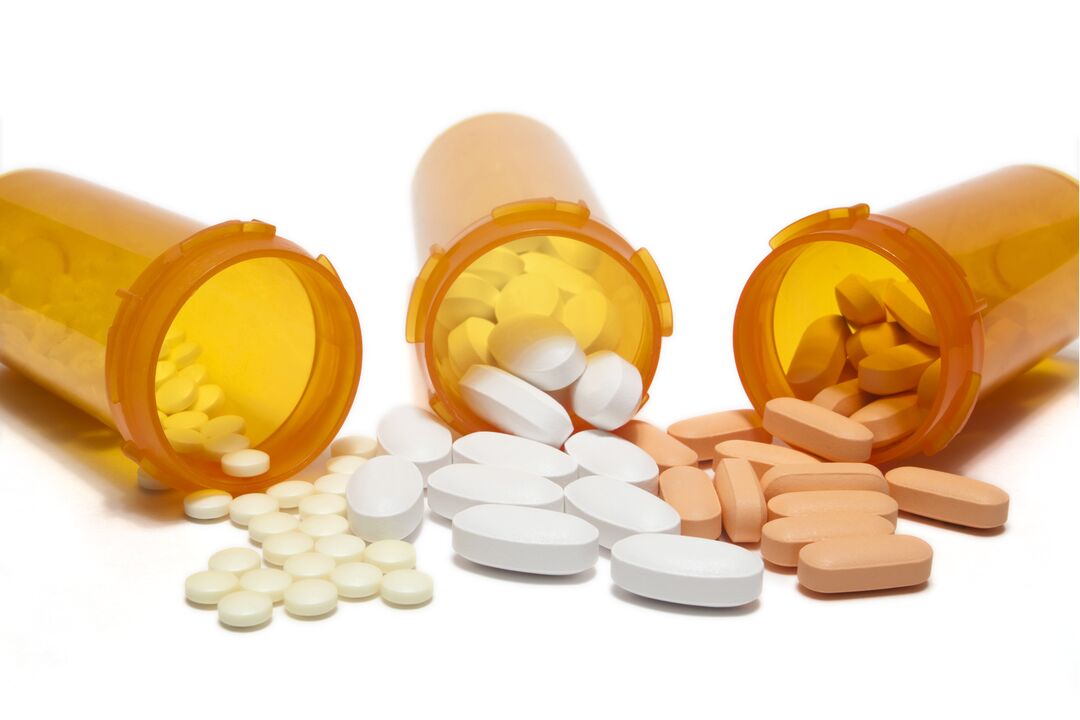Prostatitis is inflammation of the prostate. This disease belongs to the category of men and mainly affects men of middle and older age. Depending on the causes of their formation, the features of the course and the individuality of the patient, the doctor chooses effective treatment tactics with antibiotics - drugs that inhibit the vital activity of pathogens and accelerate the patient's recovery. Antibiotics for prostatitis are effective means of getting rid of the inflammatory process.
About the disease
Depending on the type of origin, a distinction is made between an acute and chronic form of prostatitis. The source of the disease in acute prostatitis is infection, namely, bacteria, viruses. The chronic form develops with congestion in the prostate area or in the absence or ineffectiveness of treatment for the disease. As a rule, the disease occurs with decreased local or general immunity and in some cases becomes the main cause of male infertility.
Prostatitis is considered a fairly complex disease, the treatment of which is a long and continuous process. This is due to the peculiarity of the anatomical structure of the male organ, the complexity of which makes it difficult for some drugs to penetrate. This contributes to the long-term persistence of the infection and the development of the inflammatory process.
At the same time, the effectiveness of therapy largely depends on an integrated approach, the main task of which is to restore the original structure of the prostate and its functionality. One of the methods of treatment is therapy with effective drugs, including the use of antibacterial drugs - antibiotics. Very often, patients wonder what antibiotics to take for prostatitis.
Benefits of antibiotic treatment
The use of antibiotics in the treatment of the disease is considered to be one of the most effective methods in the fight against the pathogenic flora, therefore these funds are indispensable components in the fight against this insidious disease.
Antibiotic therapy has two goals, one of which is to destroy the source of the disease and the second is to eliminate the inflammatory process. In addition, the appointment of antibiotics reduces the risk of secondary infection with nonspecific prostatitis.

Antibacterial drugs for prostatitis are selected by the doctor individually based on the patient's complaints and the results of laboratory tests, which include: urinary and prostate secretions, as well as a study of antibiotic sensitivity.
There is a misconception that there is an effective antibacterial drug that can eliminate the inflammatory process and get rid of prostatitis. At present, a number of antibacterial agents have been developed and put into production that affect one type of pathogen or another.
As a rule, the course of treatment developed by the attending physician lasts an average of 1-2 months, and the main method of therapy is treatment with antibiotics for prostatitis, which are selected individually, depending on what type of pathogen is detected in the body.
Antibiotic groups
It has long been proven that treating prostatitis with antibiotics, whatever groups they represent, quickly relieves acute inflammation. However, before prescribing a specific drug, bacteriological vaccination of the prostate secretion is necessary for the sensitivity of the pathogen to a specific drug.
In most cases, or when tests are impossible, the doctor will prescribe broad spectrum antibiotics. They suppress most of the germs and bacteria that cause infections. In each individual case, the treatment regimen is selected individually, depending on the stage of the disease, the individual tolerability of the patient and the spectrum of action of the drug.

The following antibiotics are considered to be the most common and recognized active ingredients:
- Penicillins. These funds have a powerful antibacterial effect.
- Fluoroquinolones. Today these funds are considered to be one of the most potent drugs with a wide range of effects. These funds are used to treat chronic prostatitis, the origin of which excludes tuberculous etiology. However, these drugs have high photo- and neurotoxicity.
- Cephalosporins. This group includes drugs that are injected intramuscularly while being highly effective.
- Macrolides. Medicines in this group usually have a high level of activity against a number of bacteria. They are not very toxic and very effective.
- Tetracyclines. Due to the difficult tolerability of drugs in this group, tetracyclines are not very popular.
You should know that for the rapid elimination of the inflammatory process, it is necessary to prescribe two or three antibacterial drugs, in particular, a combination of fluoroquinolones, macrolides and aminoglycosides is effective.
































